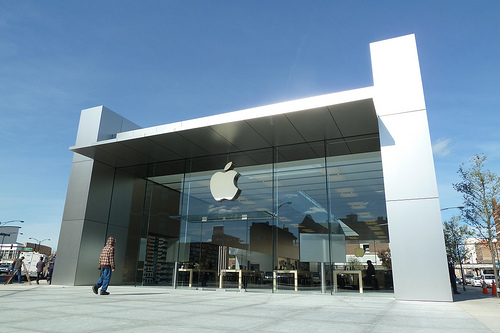May 22, 2012
Who has the upper hand in Apple-Samsung negotiations?

Today marks the second day of negotiations in the ongoing patent disputes between Apple and Samsung. No one really knows how they’re going to end, but the outcome could hint at who retains the upper hand, according to James Conley, a clinical professor of technology and expert in intellectual property.
“The company that would have the most to gain in a settlement is Samsung,” Conley said. “Litigation raises uncertainty for anyone who invests in Samsung.”
By that same logic, Apple will secure an advantage if negotiations fail. Conley doesn’t think Apple will give in easily, if at all. If Steve Jobs’s quote about Apple waging “thermonuclear war” on Android turns out to be the company’s stance, then, “It’s clear to me Apple is never going to settle,” he added. “They’re going to use their entire IP estate to fight Samsung and Google.”
Apple could emerge relatively unscathed from a protracted court battle. “Apple is the world’s best at IP,” he added. Furthermore, “I think Apple has the resources to run the marathon and rope-a-dope Samsung for the long haul.”
Part of Apple’s advantage is its over $100 billion in cash. And given the sales numbers they’ve been posting in previous quarters, it’s feasible that a long court battle would barely dent those reserves. Apple also has another asset in its iconic stores. By selling iPhones themselves, Apple has a more direct connection with the consumer than Samsung. Samsung must rely on carriers like AT&T and Verizon to sell their smartphones, placing them at a disadvantage.
“Apple markets to the person who can spend the money. Samsung doesn’t have that reach,” Conley said.
This is part 3 of our coverage of the Apple-Samsung negotiations. Read parts one, two, and four.